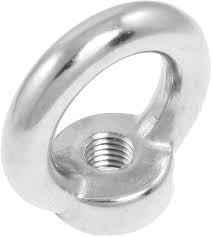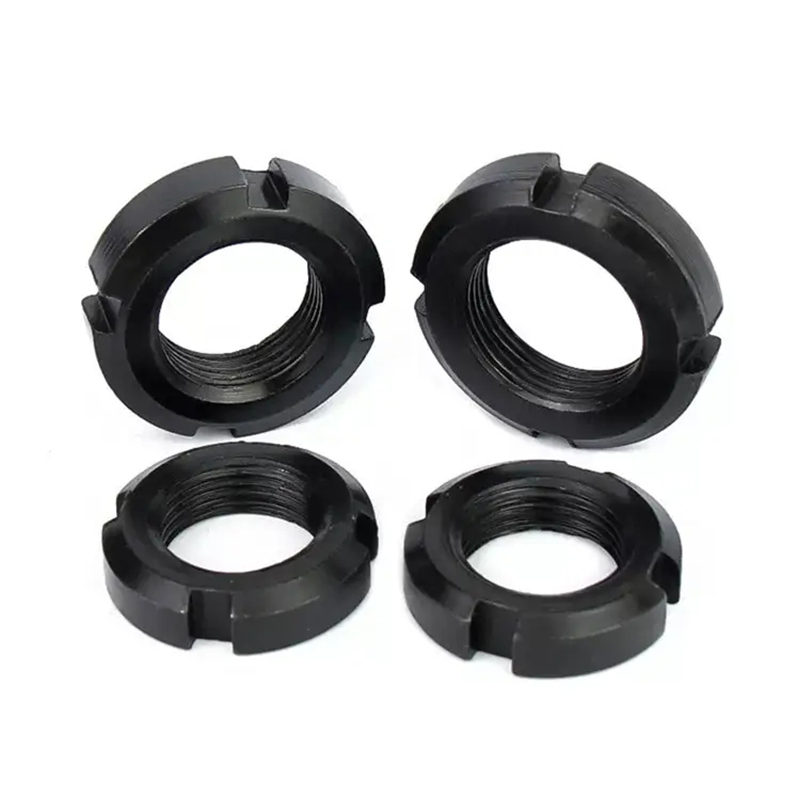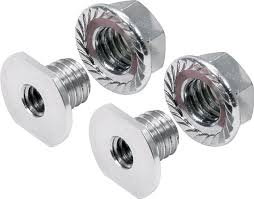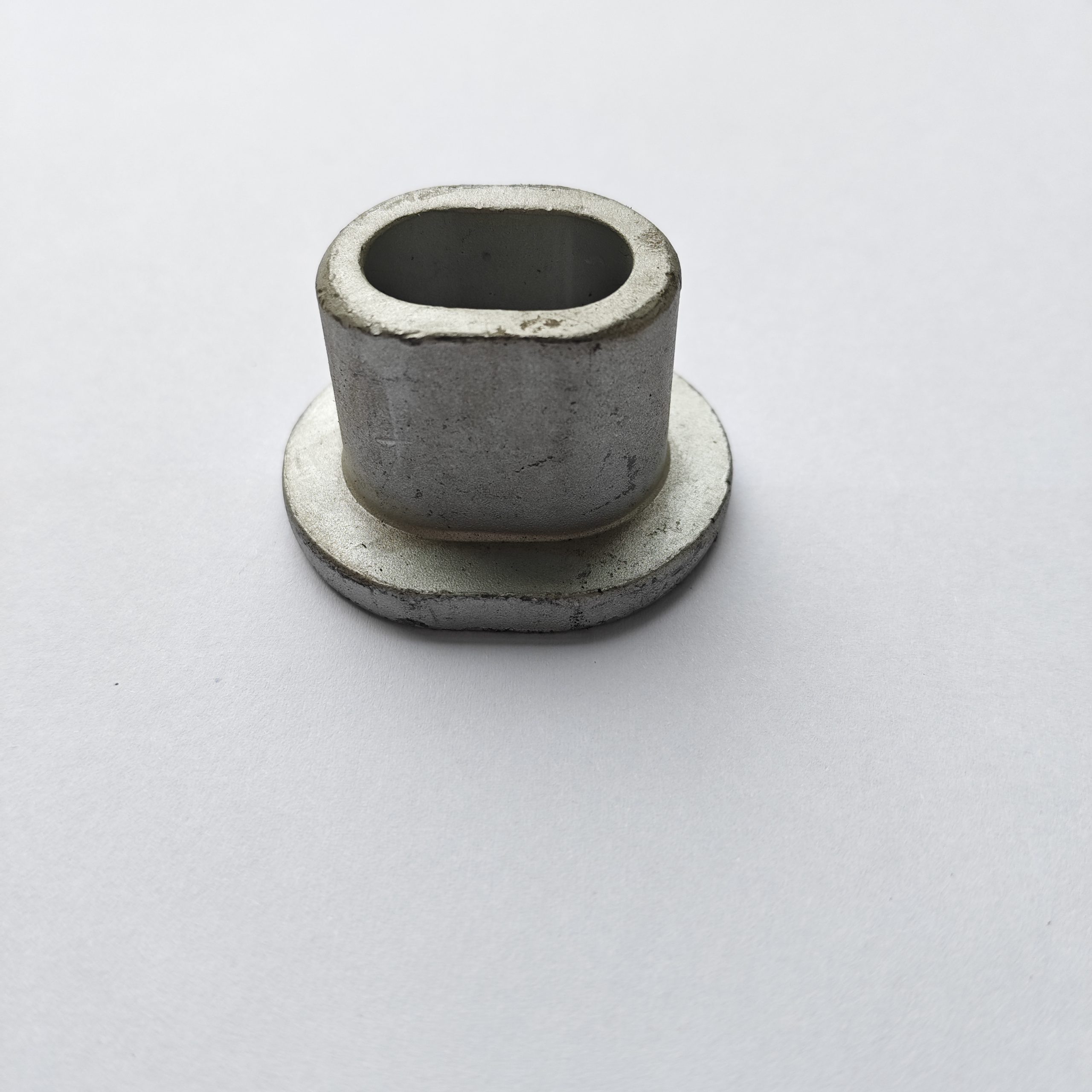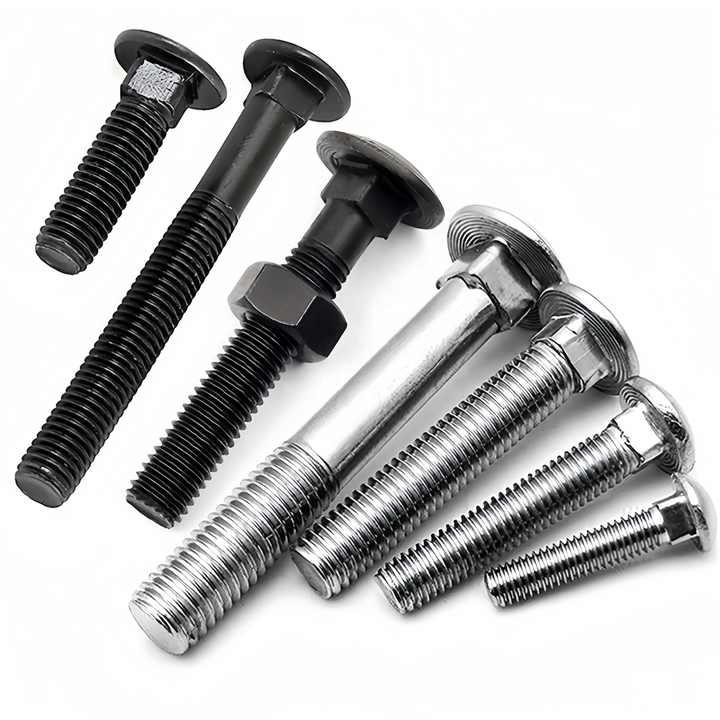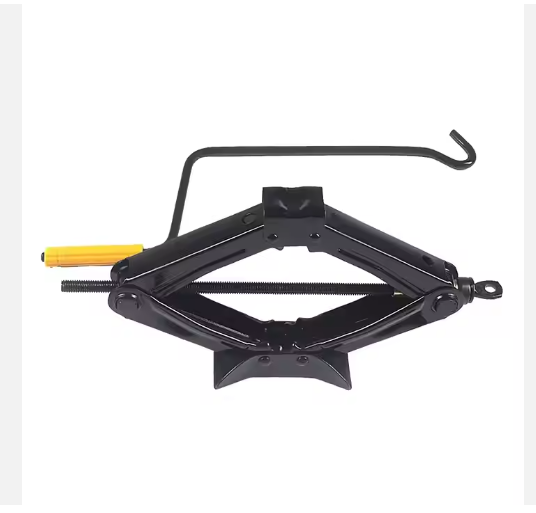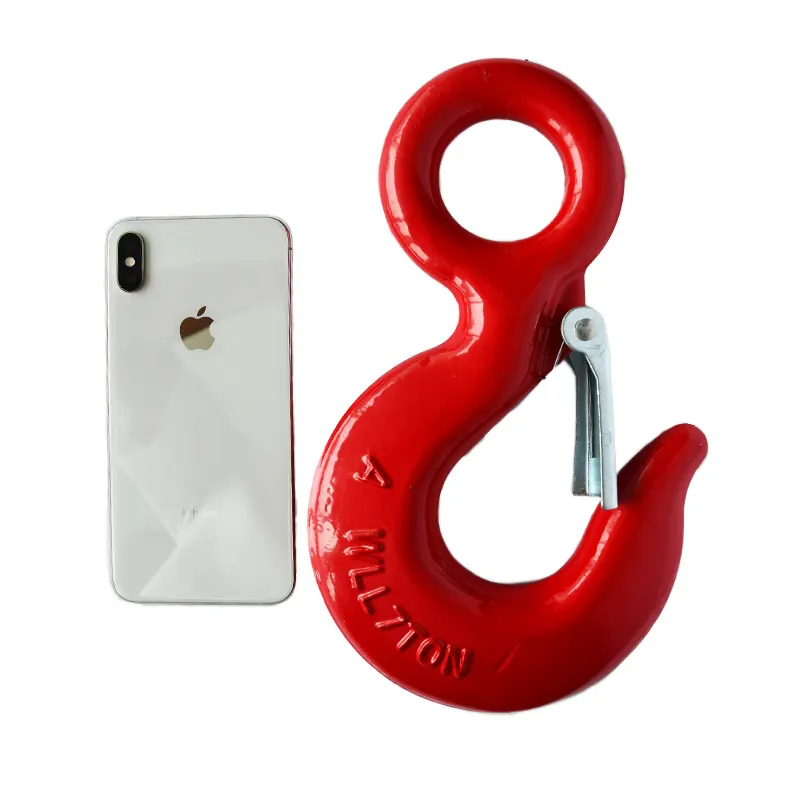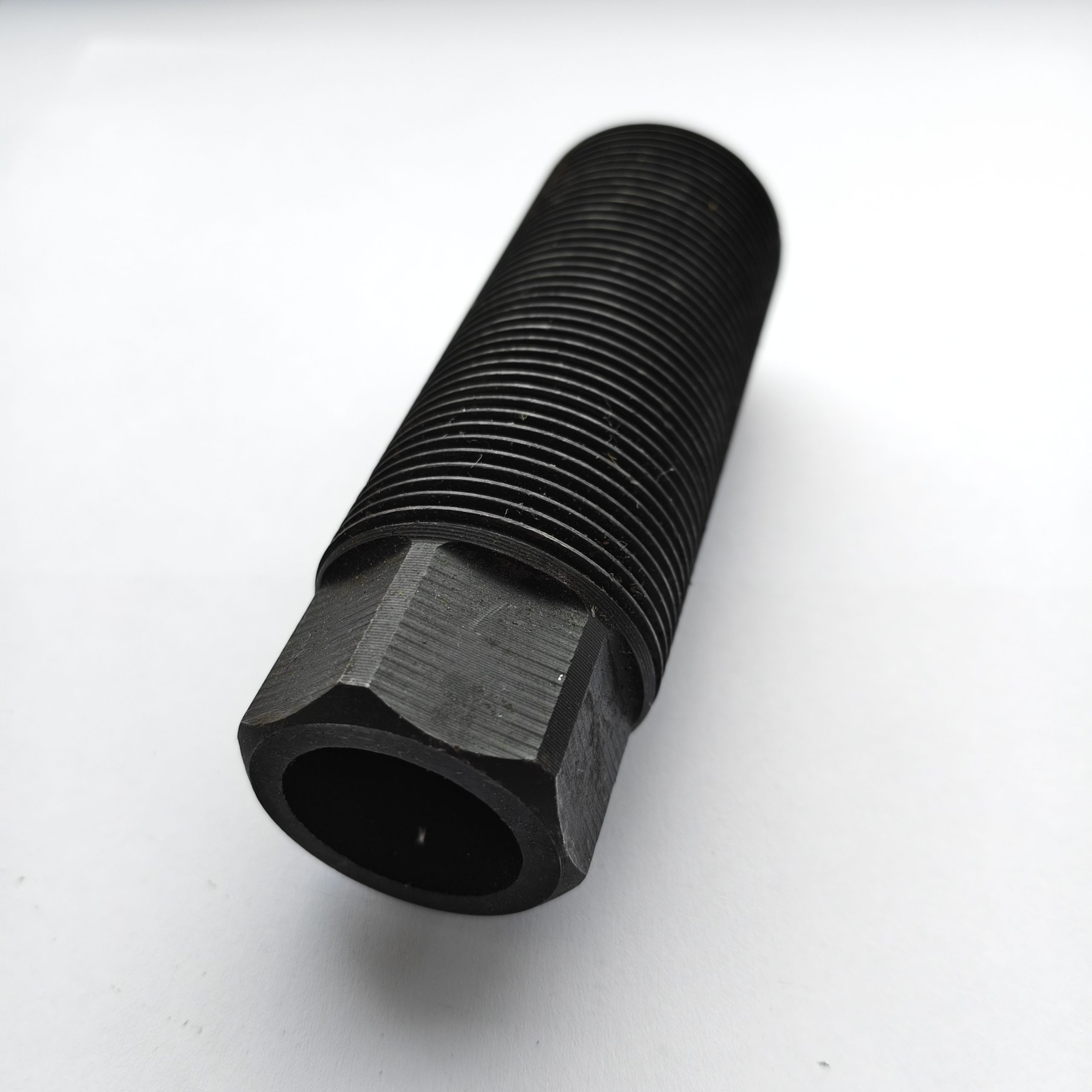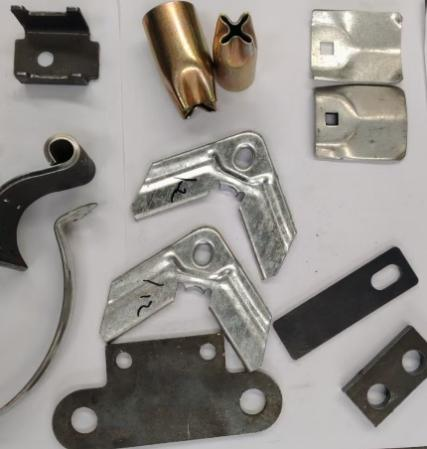

This guide provides a detailed overview of selecting a reliable m6 flange nut exporter, considering factors like quality, pricing, certifications, and delivery. Learn about different types of m6 flange nuts, best practices for sourcing, and how to avoid common pitfalls. We'll also explore the importance of choosing a supplier who prioritizes quality and customer service.
M6 flange nuts are a common type of fastening component, characterized by a wider flange at the base. This flange provides increased bearing surface and prevents the nut from being pulled through the material it's securing. Different materials are used in their manufacture, impacting strength, corrosion resistance, and cost. Common materials include steel (including stainless steel), brass, and aluminum. Specifications such as thread pitch, surface finish, and plating are crucial considerations. Choosing the right material and specifications depends heavily on the application. For example, a stainless steel m6 flange nut might be ideal for outdoor applications where corrosion resistance is paramount, whereas a zinc-plated steel nut might suffice for indoor use.
These versatile fasteners are used across numerous industries, including automotive, electronics, construction, and manufacturing. They are particularly useful in applications requiring a secure and robust connection, where a large bearing surface is beneficial. The specific application influences the material and finish selection. For instance, a m6 flange nut used in a high-vibration environment may necessitate a higher grade of steel.
Finding a reputable m6 flange nut exporter is vital. Verify their certifications, such as ISO 9001 (quality management) to ensure consistent quality and adherence to industry standards. Look for suppliers who are transparent about their manufacturing processes and quality control measures. Request samples to assess the quality firsthand. Reputable exporters often readily provide certificates of conformity and material test reports.
Obtain quotes from multiple suppliers before making a decision. Compare not only the unit price but also the overall cost, factoring in shipping, customs duties, and potential additional fees. Negotiate payment terms that are favorable to your business. Ensure clarity on minimum order quantities (MOQs) to avoid unexpected costs.
Discuss lead times and shipping options with potential suppliers. A reliable exporter will offer transparent communication regarding the delivery schedule and provide tracking information. Inquire about their shipping methods and insurance options to mitigate potential risks during transit. Consider factors such as proximity to your location to minimize shipping costs and lead times.
For a successful partnership, choose a supplier who values communication and customer service. Hebei Dewell Metal Products Co., LTD (https://www.deweLLfastener.com/) is an example of a company that offers a wide range of fasteners, including high-quality m6 flange nuts. Their commitment to quality and customer satisfaction makes them a strong choice. Contact them for further information regarding their products and services.
| Factor | Important Aspects |
|---|---|
| Quality | Certifications (ISO 9001, etc.), material testing reports, sample inspection |
| Pricing | Unit price, shipping costs, minimum order quantity (MOQ), payment terms |
| Delivery | Lead times, shipping methods, tracking information, insurance |
| Customer Service | Responsiveness, communication clarity, problem resolution |
Selecting the right m6 flange nut exporter is crucial for ensuring the success of your project. By considering the factors outlined above and conducting thorough due diligence, you can establish a long-term relationship with a reliable and trustworthy supplier. Remember to always prioritize quality, transparency, and strong communication throughout the process.

